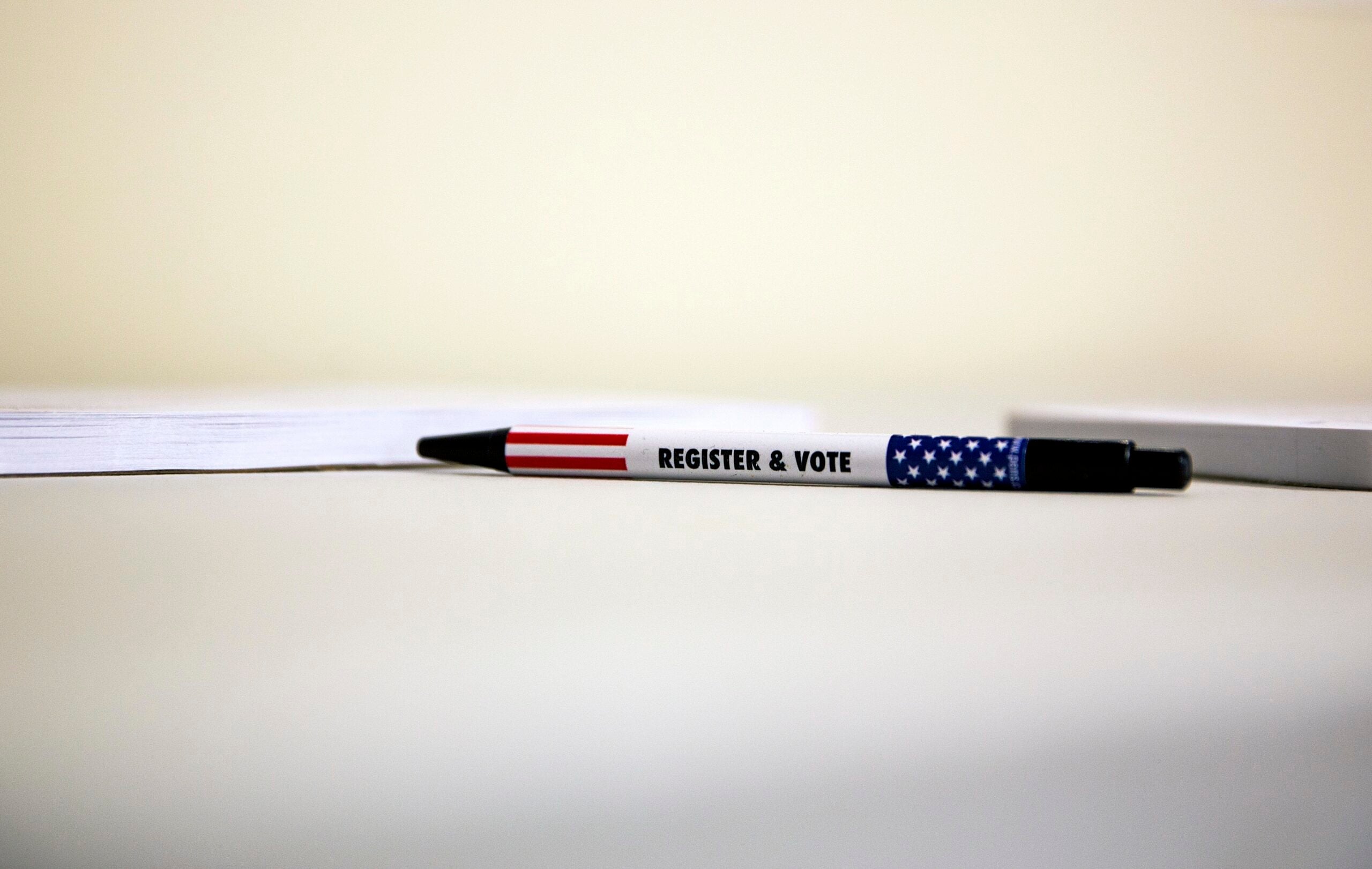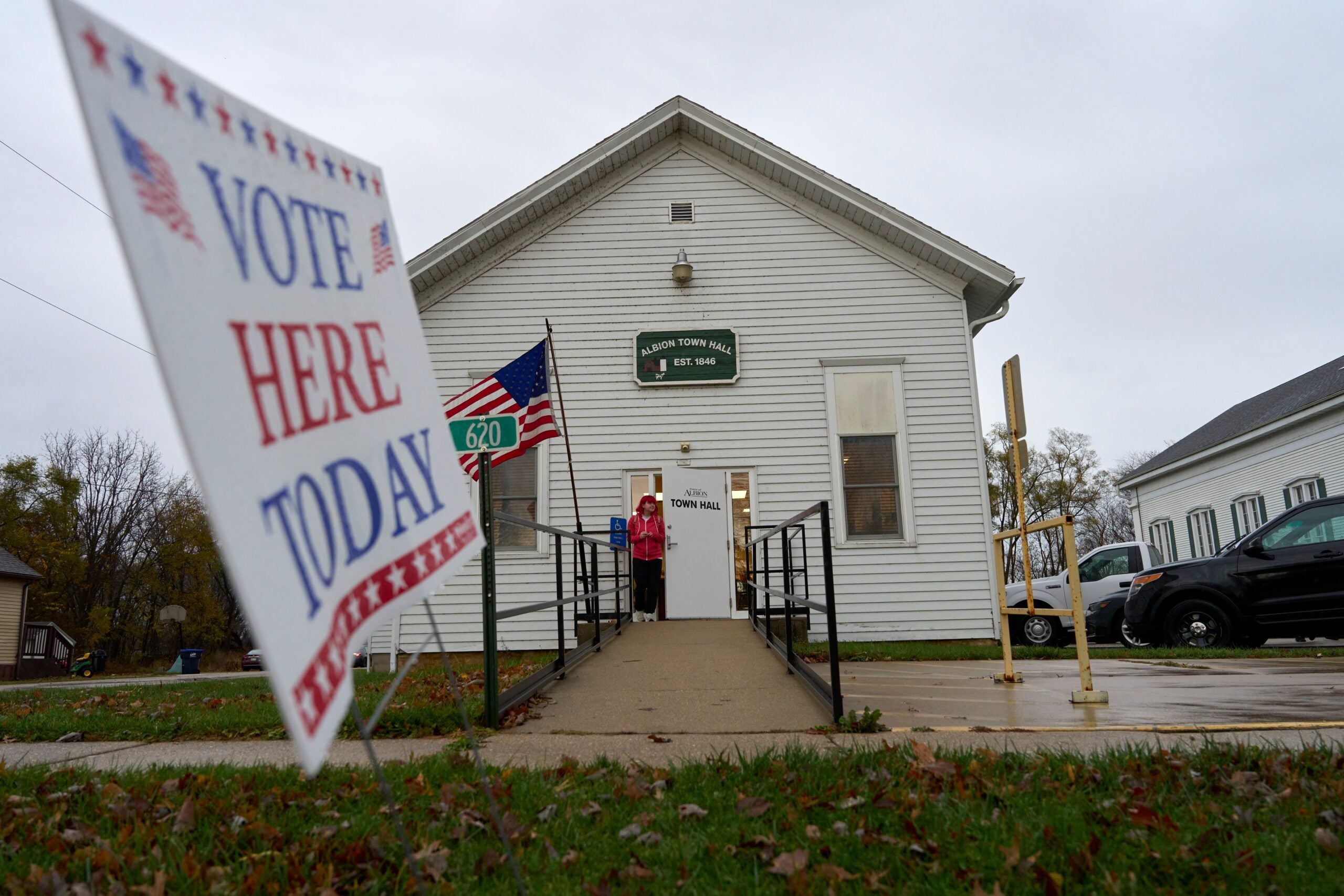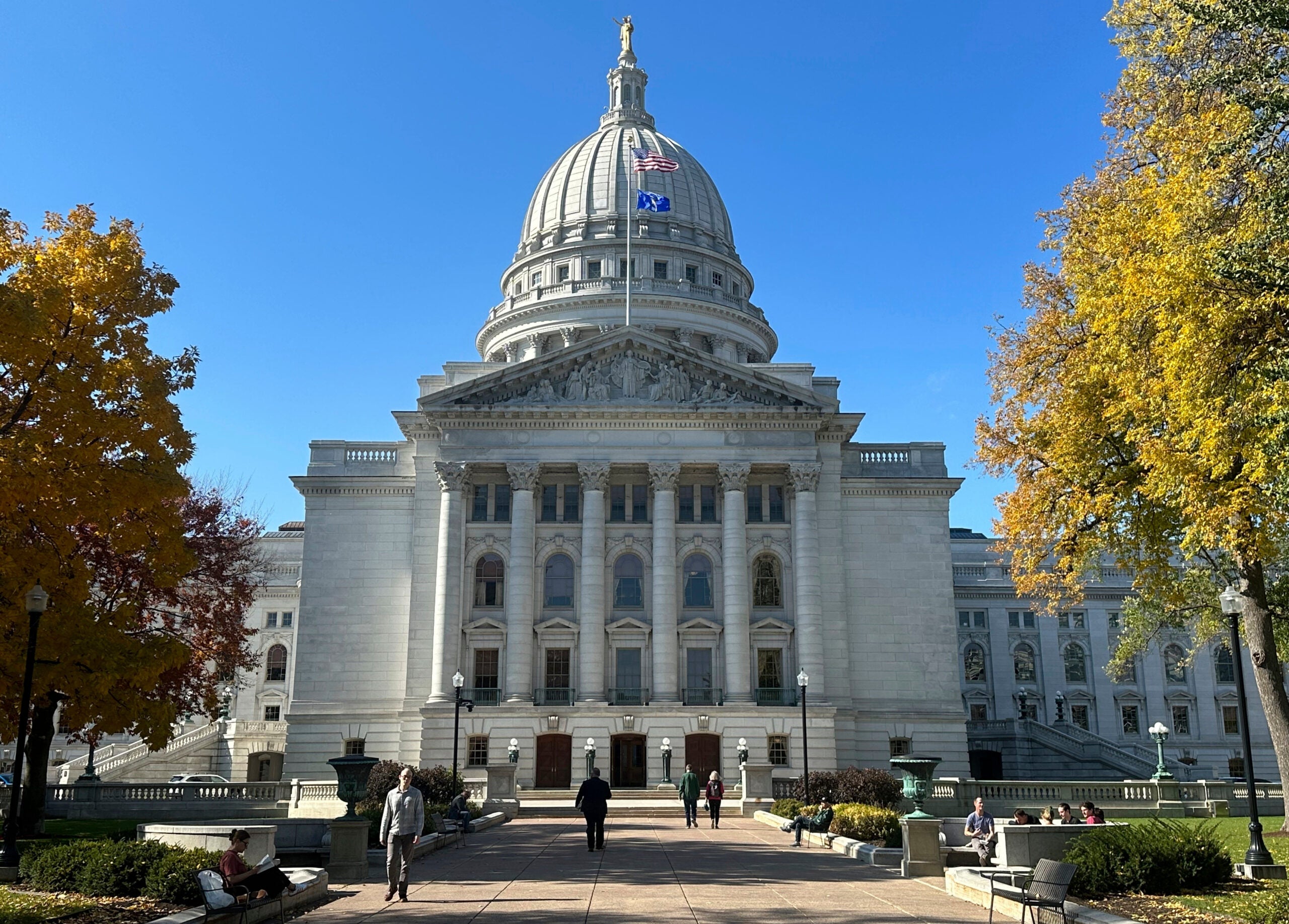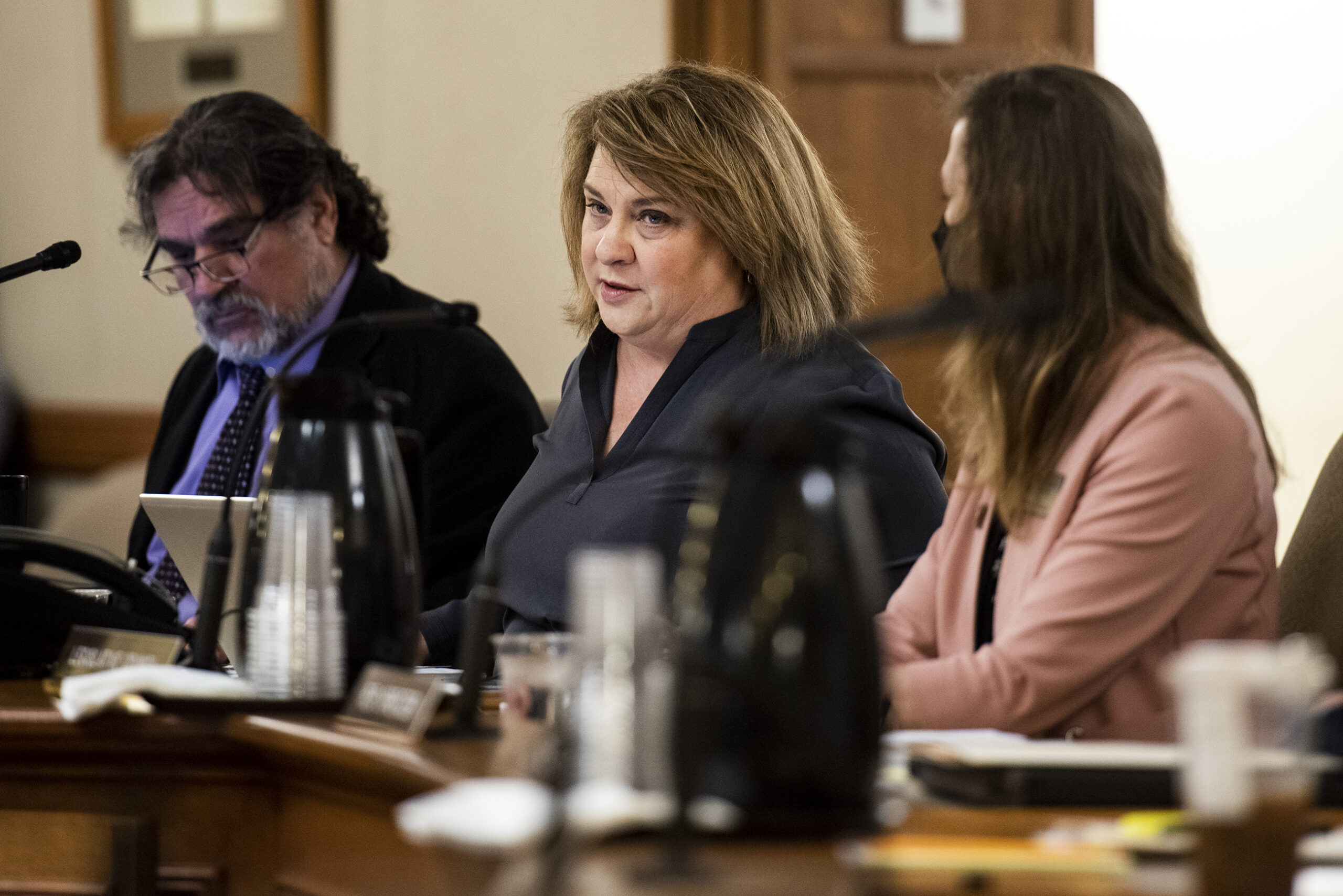A conservative advocacy group filed a lawsuit Wednesday against Wisconsin’s elections agency, contending the agency is breaking a state law about maintaining voter rolls.
The lawsuit comes roughly a month after the Wisconsin Institute for Law and Liberty (WILL) filed a legal complaint against the Wisconsin Elections Commission contending the agency is, in some cases, waiting too long to update Wisconsin’s database of registered voters after a voter moves within Wisconsin or out of state.
“Instead of reversing course, the Wisconsin Election Commission has stubbornly doubled down,” said Rick Esenberg, president of WILL, in a prepared statement. “This lawsuit is about accountability, the rule of law and clean and fair elections.”
News with a little more humanity
WPR’s “Wisconsin Today” newsletter keeps you connected to the state you love without feeling overwhelmed. No paywall. No agenda. No corporate filter.
WILL has argued the agency’s policy could make the state vulnerable to voter fraud. It filed the lawsuit in Ozaukee County Circuit Court.
Under current agency policy, the Wisconsin Elections Commission will wait up to two years before removing someone from voter rolls if they may have moved within Wisconsin or out of state and haven’t registered to vote at a different address in the state.
However, WILL points out state law dictates the commission must remove individuals who don’t respond to an official communication from the state about their current address within 30 days.
“It’s not for the Elections Commission to decide that they’re not going to follow that 30-day requirement that’s in state law,” said Lucas Vebber, deputy counsel at WILL. “That’s a duty they have to undertake as state officials.”
The commission is alerted to potential movers by the Electronic Registration Information Center (ERIC), a nonprofit, multi-state group that helps member states keep their voter registration lists current. ERIC identifies individuals who may have changed addresses after they file official government paperwork with a new address, like a vehicle registration or change of address form.
After receiving a notification from ERIC, the commission sends a postcard to the address where the potential mover is registered to vote and asks them to confirm whether they still live there.
In a March 2019 memo, commission staff told commission members they have the authority to bypass the 30-day requirement in state law because another state law gives the commission the ability to create rules related to maintaining the voter registration list.
A commission spokesperson said Wednesday the agency stands by its public comments in October.
“The commission is confident that it is complying with Wisconsin law,” commission administrator Meagan Wolfe said then. “The Legislature has not enacted any specific processes for the commission or local election officials to deal with information about voters which the state receives from ERIC.”
Wisconsin joined ERIC in 2016. According to the commission, it sent its first mailing to 342,000 potential movers in 2017 and removed anyone who didn’t respond within a month. Only 6,153 voters responded to the postcard and requested to stay on the rolls at their current address, according to the commission, meaning more than 335,000 were removed.
That led to a number of concerns from voters and local election officials. Ultimately, local election officials provided supplemental poll books on Election Day to identify individuals who may have wrongly been removed from poll lists. Ultimately, about 46,000 individuals were reactivated at their original address, according to the elections commission.
According to a press release from the commission, postcards were sent to 234,000 potential movers in October.
The state has roughly 3.3 million registered voters.
Wisconsin Public Radio, © Copyright 2026, Board of Regents of the University of Wisconsin System and Wisconsin Educational Communications Board.







